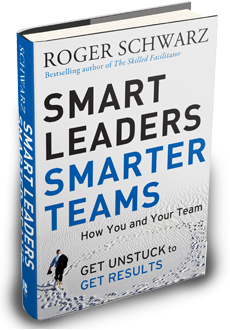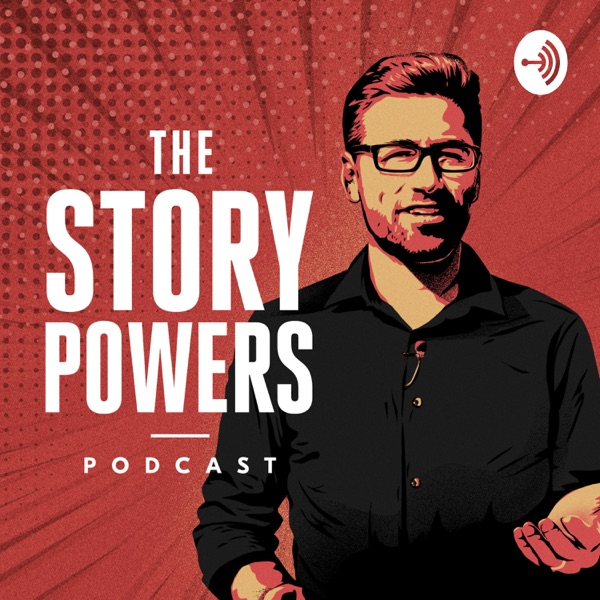Tag: Team Effectiveness
What Your Kids (And Teams) Want to Learn


Photo by Annie Spratt on Unsplash
Last week my daughter, Irene, and I prepared for a test. Subject: Spanish. Topic: Types of nouns. As we review — personal and common; abstract and concrete; collective and individual — I wonder what is the purpose of a nine-year-old learning such things.
What do kids want to learn today so they’re ready for tomorrow?
My answers are inspired by what I see great companies doing with their teams.
1. Learn to identify the problem. Irene will quickly jump to answer a question with great enthusiasm. Her answers are creative, logical and related to the topic. Even so, sometimes she’s not answering what is asked but what she assumes the problem is. When a doctor messes up the diagnostic, the treatment might be great, but it is not going to fix the problem.
Learning to identify the problem is the most important skill.
2. Learn where to find answers: When I studied at the Pontifical Biblical Institute in Rome, teachers often asked us to get resources from the library. I knew Anthony and Manoj would go, so I’d wait and make photocopies the next day. This went on for four years. When the time came to do my thesis, I was screwed. To do my research, I needed to go through floors and floors of library, hallways and dark corners. I was lost in a maze of books. Anthony and Manoj finished six months before me.
Kids and teams won’t find answers if they don’t know where to look.
3. Learn to enjoy the process: Growing up in Canada, Mom never told me to do my homework. Teacher sent us stuff to do, yes, but it was always cool and fun. Because it’s impossible to keep up with the amount of knowledge produced…
Either you like learning or you’re in for a long ride of unpleasant experiences.
The present and the future are looking for people who know how to identify problems, and to navigate the seas of knowledge while enjoying the process. How do your kids and teams deal with learning to learn?
3 Ingredients for Impact, Growth and Trust


—
On Saturday I gave a talk at the Chateuaform La Mola Campus here in Barcelona. Their sales and logistics teams from six countries met for a weekend of fun, reenergizing, and to learn to leverage each others strengths. This latter part is what I was asked to talk about.
We tend to know what kinds of teams we want — safe, winning, fulfilling, etc. — but sometimes we struggle with what needs to go in order to have these outputs. So I decided to focus on what teams want to do in order to have more impact, continue growing, and generate greater trust. It turns out, it’s not rocket science.
1. How to have more impact
If we want our work to have a beautiful impact, we want to begin with having a purpose. Purpose is the intention of our actions. To define our purpose we answer the question: “What for am I doing this?” Teams with poor purpose are teams with no impact. Great purpose means beautiful impact.
2. How to make the team grow
We all know that it is important to grow, both as individuals and as a team. But what do we put in to make growth happen? Answer: Feedback. Feedback is the gift of growth. Without feedback we don’t grow. Positive feedback gives us the energy to keep growing, constructive feedback gives us the direction in which to grow. Teams that grow are teams that rock at feedback.
3. How to generate trust
According to the Trust Equation, a good dose of intimacy and lots of generosity is required for trust. Intimacy does not mean you tell me the things you tell your partner. It means you tell me things the way you would tell your partner, and this builds trust. Generosity is important simply because selfish people are assholes and can’t be trusted.
The key here is vulnerability, exposing ourselves by being transparent and sincere about what is going on and how we feel about it. The secret to being intimate and generous at the same time is to show vulnerability. Teams with high levels of trust are vulnerability junkies.
I had a fantastic time with this Chateauform group. It was inspiring to see a team driven by purpose, open to feedback and courageously vulnerable.
Wisdom for Teams #10


—
“If you want to change the results,
you need to change the mindset that
causes you to behave the way you do.”
—
ROGER SCHWARZ, leadership team consultant, speaker, organizational psychologist, and author of Smart Leaders, Smarter Teams: How You and Your Team Get Unstuck to Get Results.
Wisdom for Team Players #6


—
“Management is doing things right.
Leadership is doing the right things.”
—
PETER DRUCKER (1909-2005), Austrian-American management consultant, educator, and author.
Podcast: How a Former Priest Creates Badass Teams

My good friend Francisco Mahfuz recently had me as a guest on his podcast “The Story Powers”. It was my first time, and I must say I had loads of fun. Fransisco is a great host.
Some of the topics we talk about are:
- How being a priest helps me build betters teams
- Mistakes leaders make in times of crisis
- My transition and journey from priesthood to corporate trainer
You can listen to the episode here as well as on Spotify and YouTube:
_________
_________
_________
Thanks buddy for inviting me and keep up the fantastic work!
Satisfaction at Work These Days?


—
How much satisfaction are you getting at “work” these days? For me it’s like a rollercoaster: ups and downs, much more than I’d typically welcome.
Recently I participated in a Zoom Panel on Wellbeing and Happiness in The Workplace, organised by Systemic Coach and Communication Trainer, Jelena Vetockina. Here is the audio of my interventions about things we can do to be well in this time (see the full interview here).
—
What does it mean to be resilient and how can we be better at it?
—
On the concept of being “emotionally fit”:
—
What do leaders want to be doing in this time of uncertainty?
—
Hands-on techniques to deal with conflict:
—
What is your Team Diagnostic about?
—
Hope this has been helpful and I’m open to continue the conversation with you about what your team is going through or what your are experiencing at work in this time.
You can reach me at t@tobiasrodrigues.com

